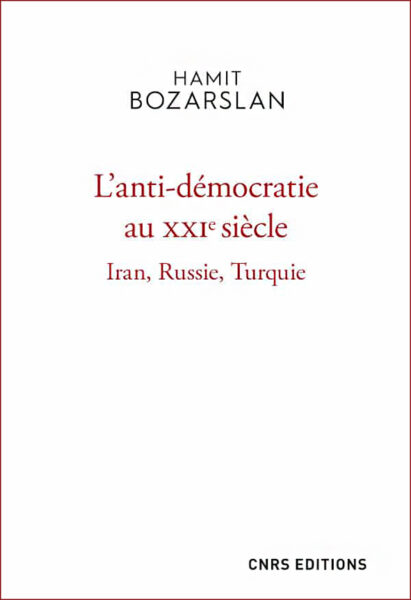As France prepares to mark the centenary of the separation of Church and State in 2005, the current concerns about the presence of religious symbols in state schools (above all, headscarves worn by Muslim girls) show that the debate is far from over. Above and beyond the issue of religion in schools, the question touches the more general problem of attitudes to Islam in French society. How can we prevent secularism, which is a core value of the French education system, from leading to the exclusion of some pupils? And what can be done so that the French version of Islam distinguishes the temporal from the spiritual?
In this debate it is hard to find more relevant reading matter than A Letter Concerning Toleration published by John Locke in 1689. Although there are plenty of texts about tolerance dating from the 17th century (Spinoza, Bayle), Locke’s Letter has become the best known reference, because it is so clear and concise. Starting from a conception of the freedom of judgement essential for all human beings, Locke defines the strict limits on the rights of the two institutions (Church and State), the one concerned with man and his worldly goods, the other with matters of faith and the eternal salvation of his soul.
According to Locke, the right to toleration has nothing to do with religious convictions; instead, it is essentially a practical political issue relating to the conduct of social relations. He makes a radical distinction between politics and religion: anyone who confuses two spheres that are so different in their origins, their ends and their concerns is muddling two things that are diametrical opposites, Heaven and Earth. Tolerance in Locke’s view nevertheless involves restrictions, above all with regard to convictions that seek to impinge upon the State’s sphere: Roman Catholicism because it is ruled from abroad, atheism because he sees it as basically unsuited to maintaining the moral ties essential to political life. Having had some experience himself of the business of the State, Locke was totally uncompromising about the boundary between public law and divine law: his obsession as a champion of liberalism (in the sense of respect for individual liberties) was with the social disorders arising from arbitrary actions by magistrates or from religious fanaticism or, worse still, the combination of the two.
Lettre sur la tolérance
Cet article fait partie de la revue Futuribles n° 292, déc. 2003



